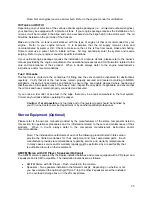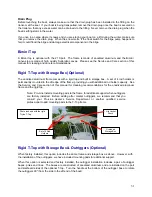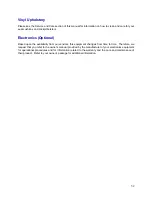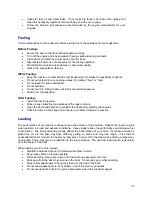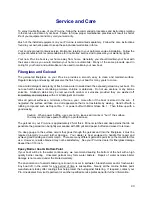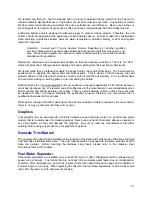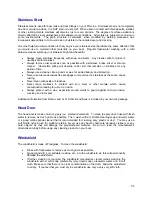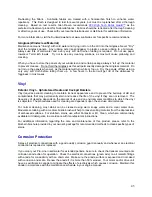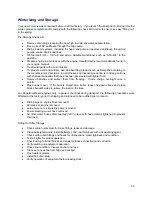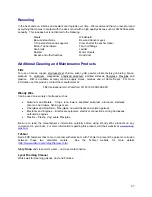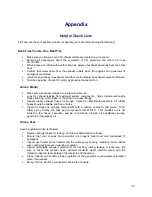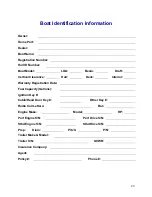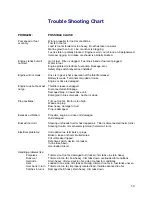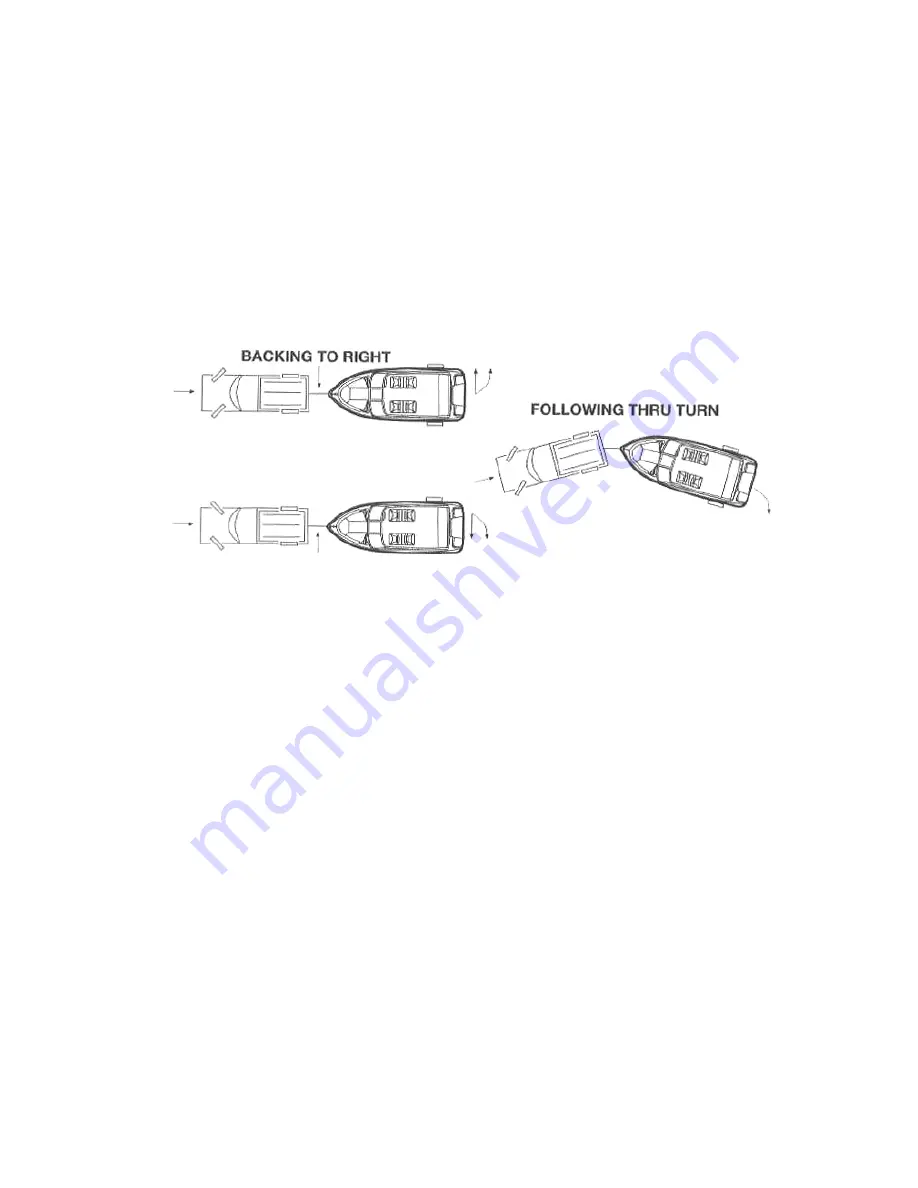
38
Make certain that water from rain or cleaning has been removed from the boat. Water weighs
approximately eight pounds per gallon and can add weight that will shift with the movement of the trailer.
Backing a Trailer
Practice backing with a trailer
before
you get into a confined launch site. Get accustomed to using the
trailer in an open area. Take someone with you who knows how to back a trailer. Backing a trailer works
the opposite of backing a car. If the trailer needs to travel to the right, turn the steering wheel to the left
and vice versa. Do not turn the wheel too far or over steer. Turn the wheel gradually until you get the
feel of safe backing.
Pre-Launching Preparations
For the courtesy of others and to prevent rushing, prepare your boat for launching away from the ramp.
•
Check the boat to ensure that no damage was caused by the trip.
•
Remove any covers and tie downs.
•
Place lines and fenders, if needed.
•
Verify that your safety equipment is aboard.
•
Raise the lower unit (remove supports) to the proper height for launching so that it will not
hit bottom.
•
Remove tie-downs and make sure that the winch is properly attached to the bow eye and
locked in position.
•
Put the drain plug in securely.
•
Disconnect the trailer lights to prevent shorting of the electrical system or burning out a
bulb.
•
Attach a line to the bow and the stern of the boat so that the boat cannot drift away after
launching and it can be easily maneuvered to a docking area.
•
Visually inspect the launch ramp for hazards such as a steep drop off, slippery area and
sharp objects.
When everything has been double checked, proceed slowly to the ramp remembering that your boat is
just resting on the trailer and attached only at the bow. The ideal situation is to have one person in the
boat and one observer at the water's edge to help guide the driver of the tow vehicle.


